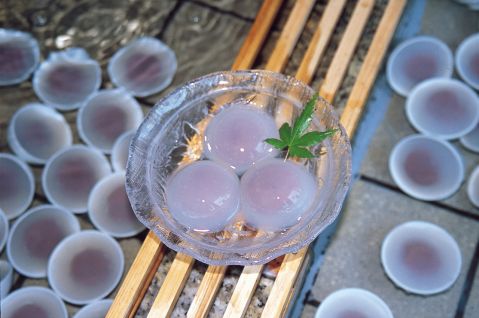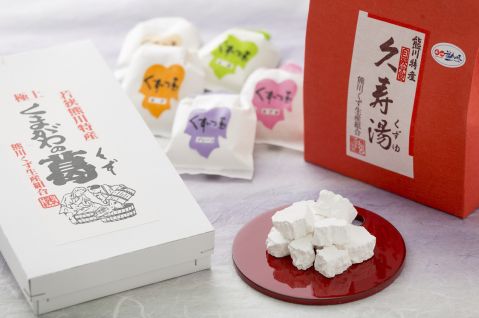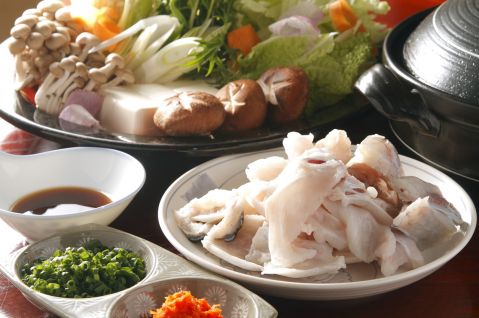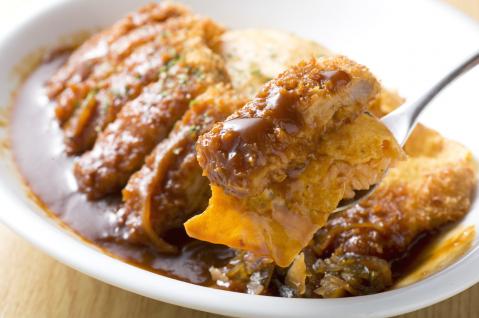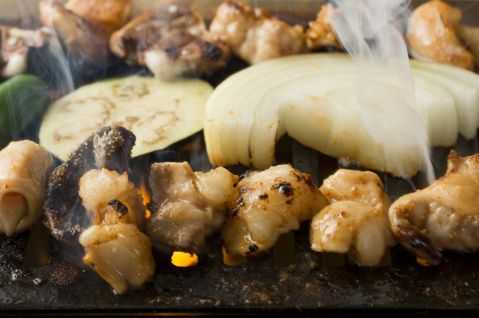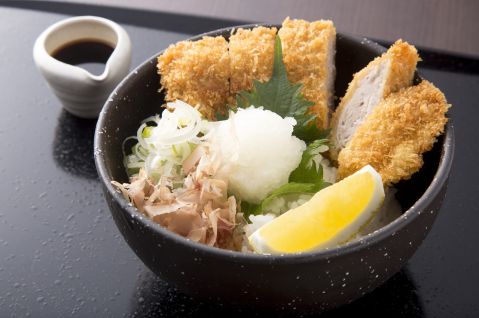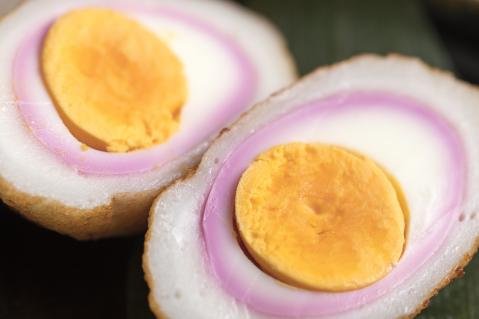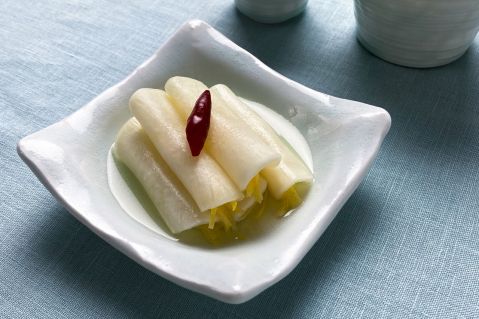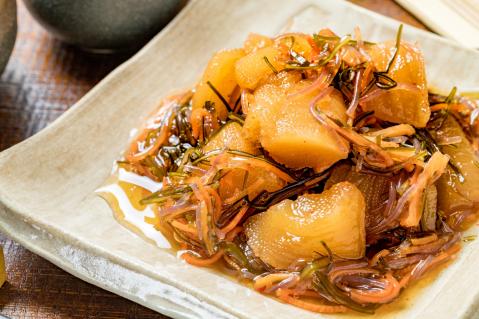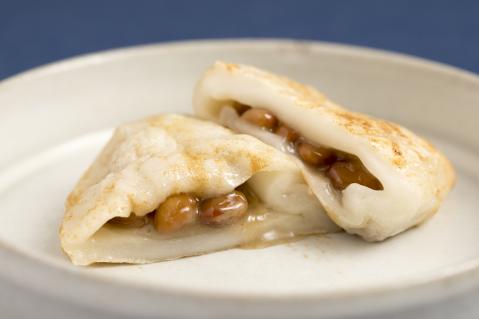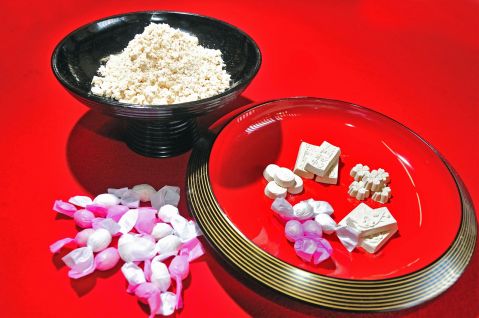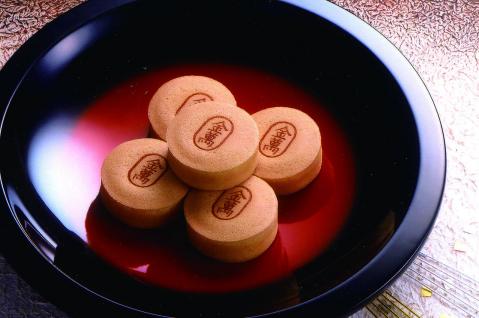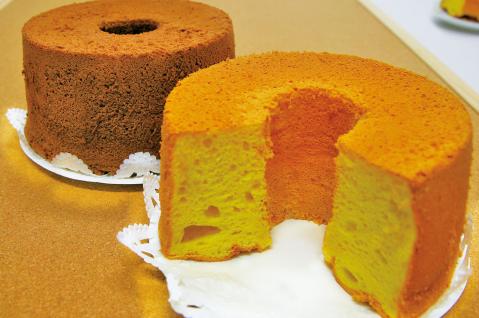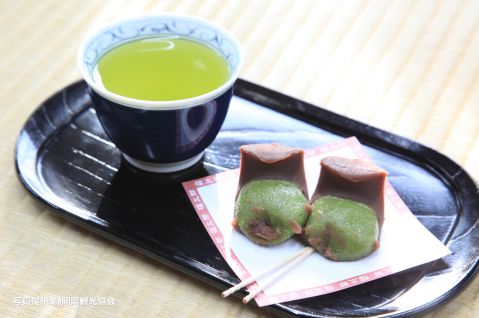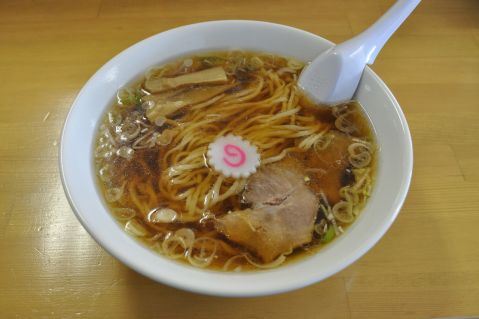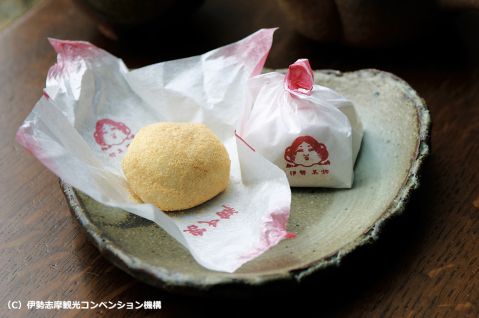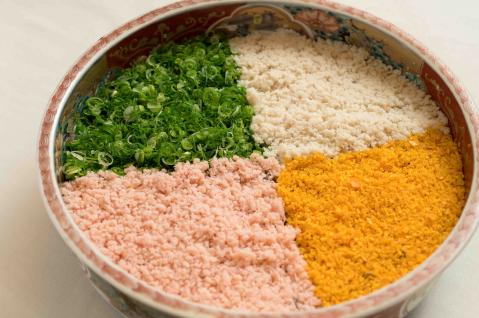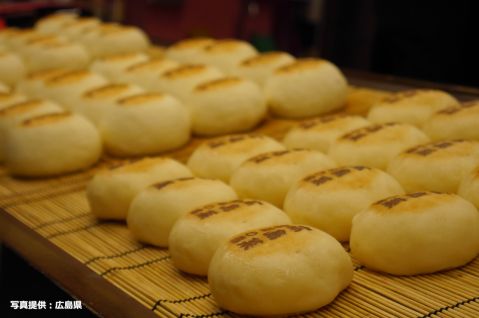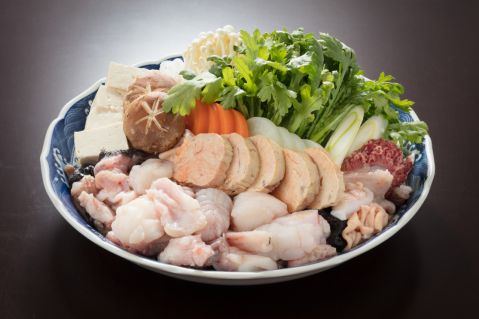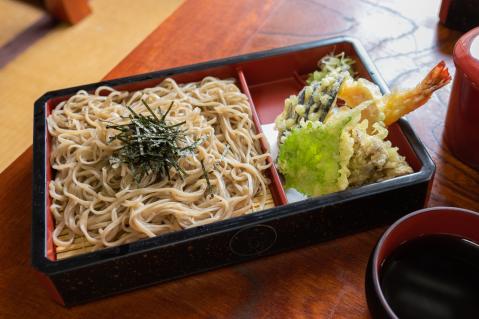Satoimo no Koroni (Simmered Taro)
A traditional Buddhist vegetarian dish cherished for celebrations, symbolizing prosperity and family bonds
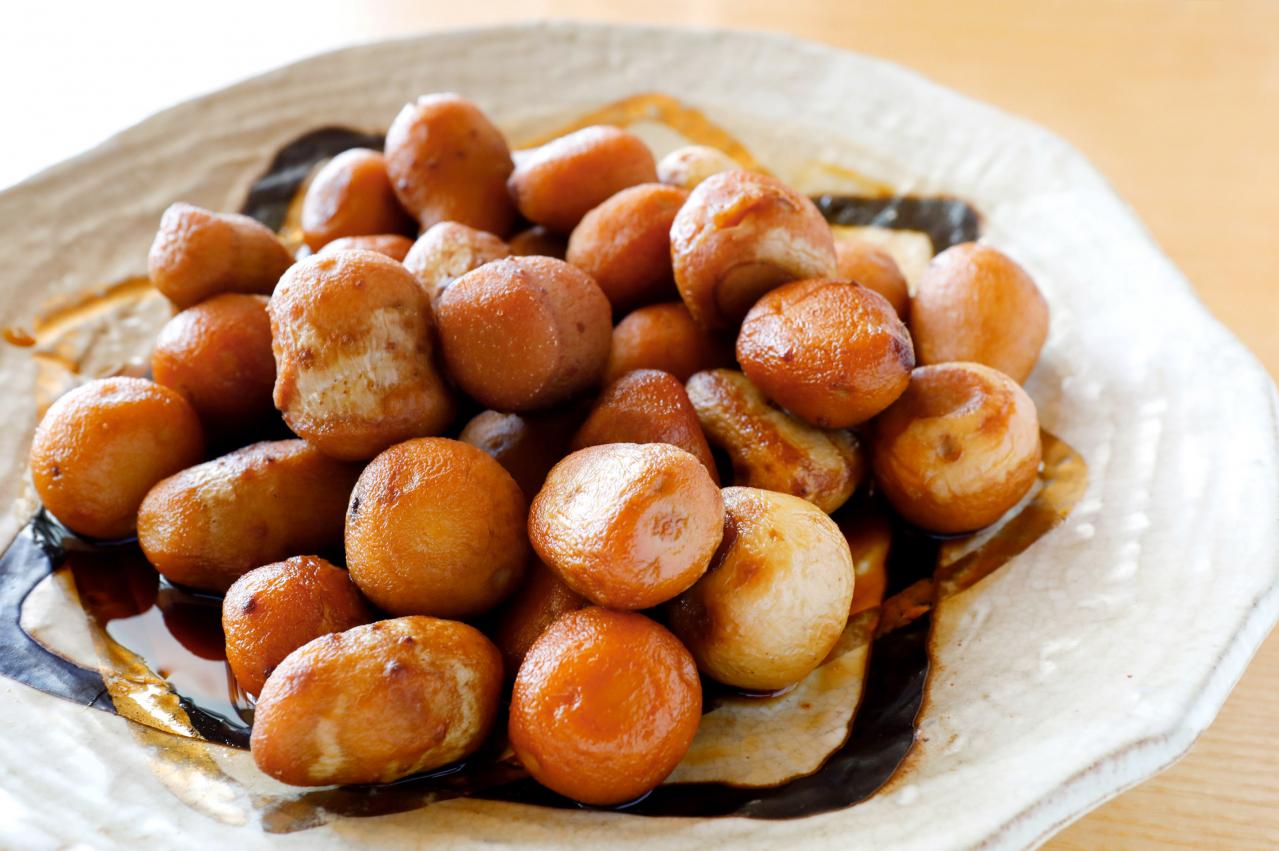
About Satoimo no Koroni (Simmered Taro)
Satoimo no Koroni (里芋のころ煮, Simmered Taro) is a staple vegetarian dish traditionally served during Houonkou, the largest annual event in Jodo Shinshu Buddhism held from autumn to the New Year. In Fukui Prefecture, this event is fondly referred to as "Honko-san" or "Okousama." This dish has been enjoyed not only as a special offering for guests at these gatherings but also as a symbolic food for celebrating family prosperity and future generations.
Fukui's Okuetsu region, located in the northeastern part of the prefecture, is renowned for its harsh yet nourishing winters, abundant water resources from mountain streams, fertile soil, and significant temperature differences between day and night — a combination that creates the ideal conditions for cultivating taro roots. Among these, the "Kamisho Satoimo" variety stands out and is even registered as a GI (Geographical Indication) product. Harvested in autumn, taro serves as a vital food source throughout the winter and is prized for its smooth texture and pleasantly sticky consistency.
In Fukui, taro is often sold in supermarkets with its thin skin partially peeled off, a preparation style that adds to its rich taste when cooked. The key to making delicious Satoimo no Koroni lies in preparing the taro with its delicate, soft skin intact.
The dish involves simmering peeled taro in a mix of soy sauce, sugar, and mirin without parboiling. This method naturally thickens the broth, resulting in a rich and slightly glossy finish. To keep the appearance of the taro intact, stir minimally while simmering. Gentle shaking of the pot can help prevent sticking, allowing the broth to reduce until it thickens. Once cooled, the taro can be served coated in the savory glaze. For a convenient variation, frozen taro can be added directly to the simmering sauce without thawing.
This heartfelt dish highlights the unique flavor of Fukui’s high-quality taro, offering a glimpse into the region’s culinary traditions and cultural appreciation for simplicity and symbolic meals.
Related videos
Reviews
There are no reviews yet.

